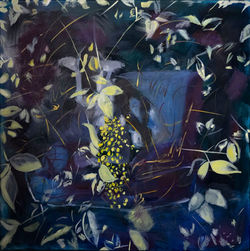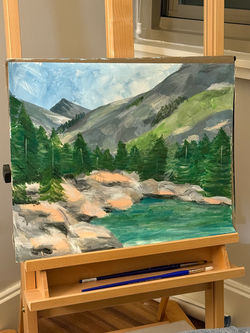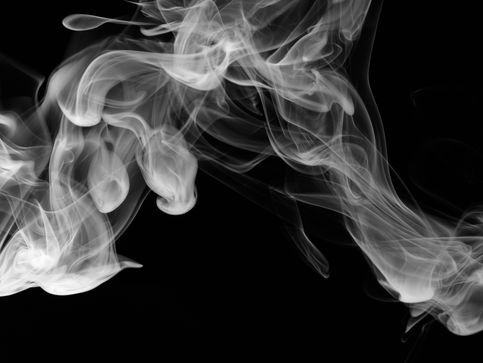
On October 30, 2025, Text Power Telling hosted the iBelieve Art Show Fundraiser — a powerful evening where survivor voices were not just spoken, but seen and felt. This was more than a fundraiser. It was a gallery of hope, transformation, and resilience.
The art on display came from survivors of sexual violence and their allies — each piece created as a courageous act of expression. Through painting, drawing, mixed media, and more, the artists used their creativity to process their trauma, honor their journey, and reclaim their stories.
Many of these works were offered in a silent auction, with proceeds directly supporting Text Power Telling’s programs. In this issue of TPT Magazine, we highlight the work featured at the fundraiser.

 |  |  |  |  |
|---|---|---|---|---|
 |  |  |  |  |
 |  |  |  |  |
 |  |  |  |  |
 |  |  |  |  |
 |
The young me wears one sock
inside-out, ink stains glow
on the sides of her frail knuckles.
She whimpers like a creaking door
and I cannot help but ask her where it hurts.
Here, she says.
And here, and here, and here.
She doesn’t point anywhere.
I know exactly what she means.
























